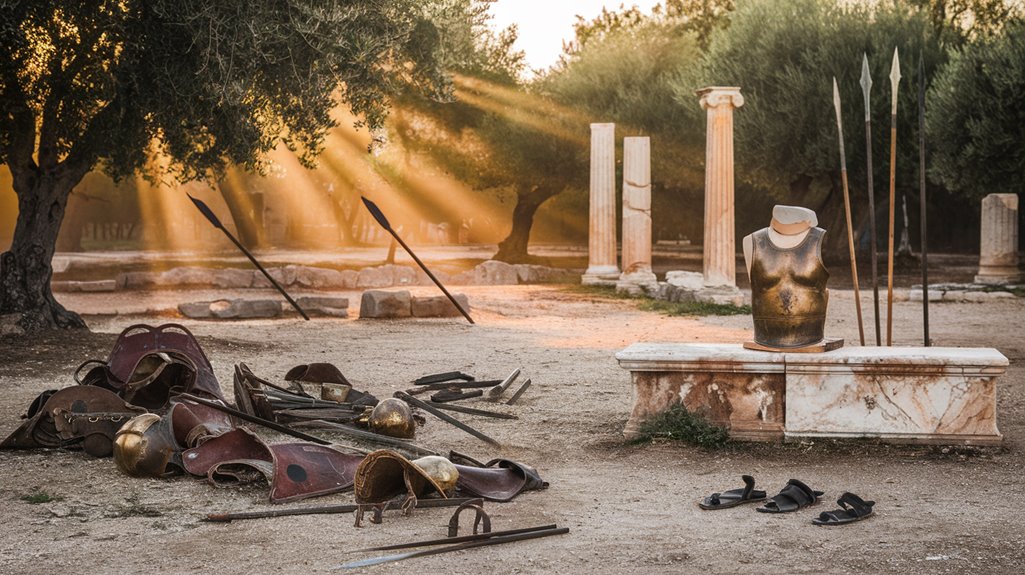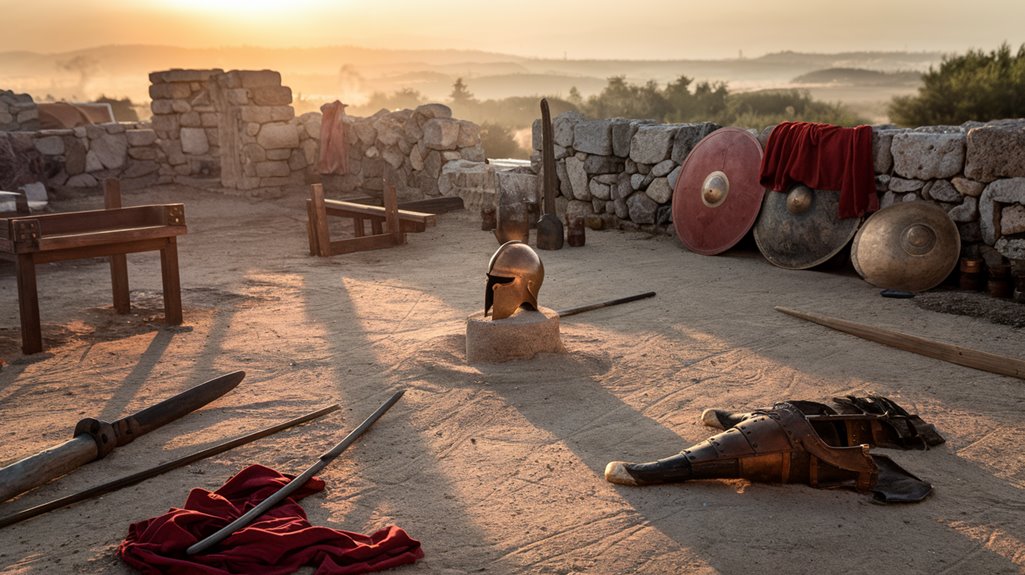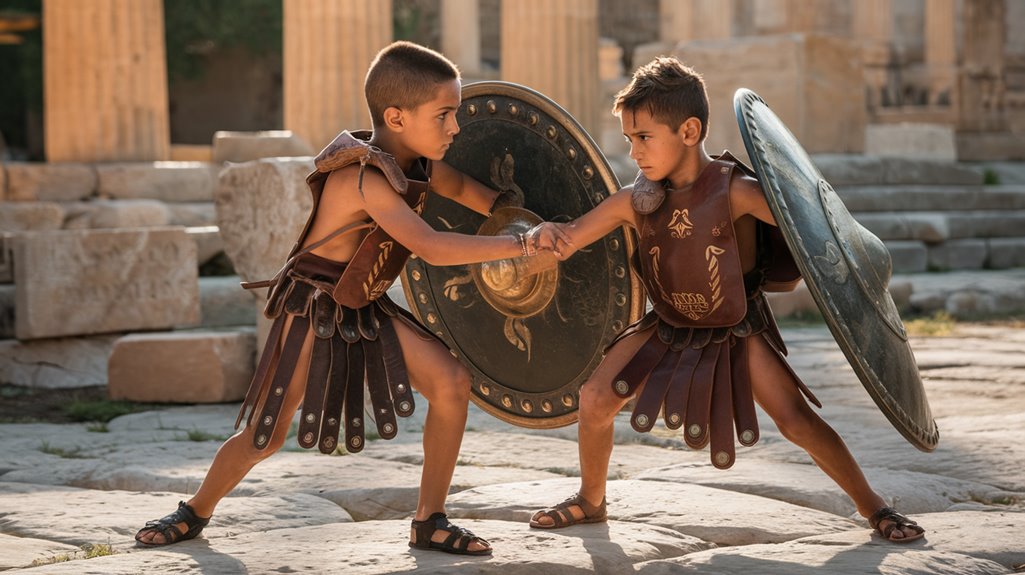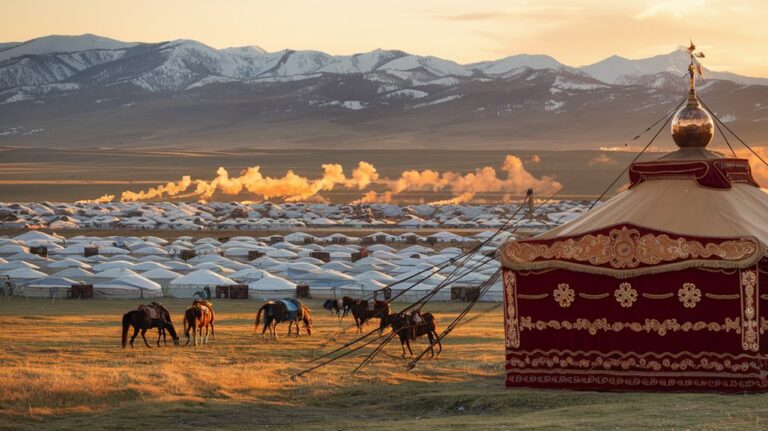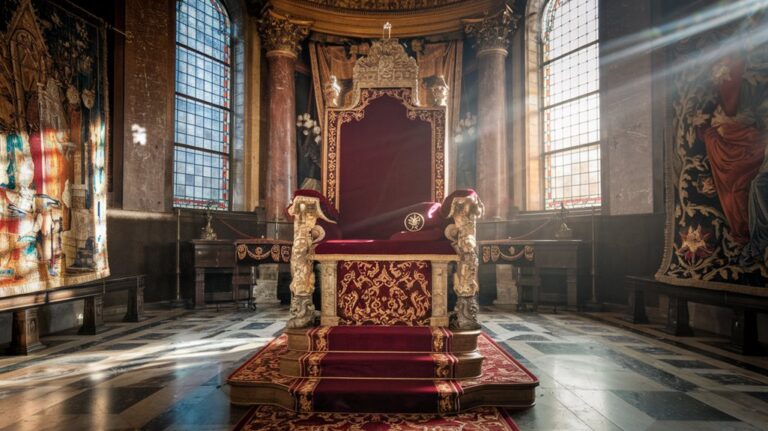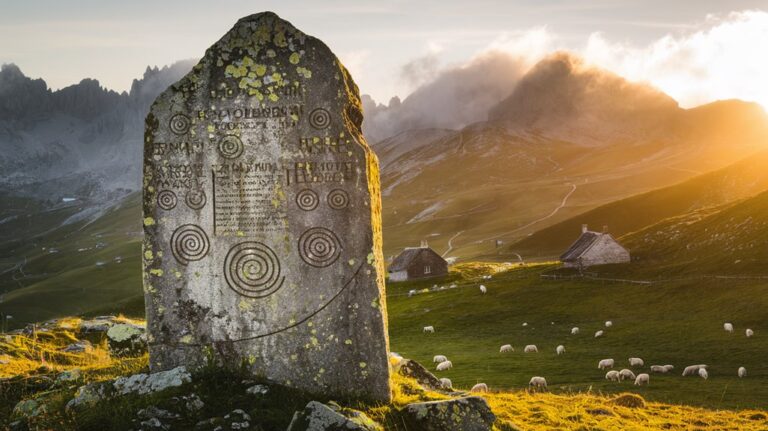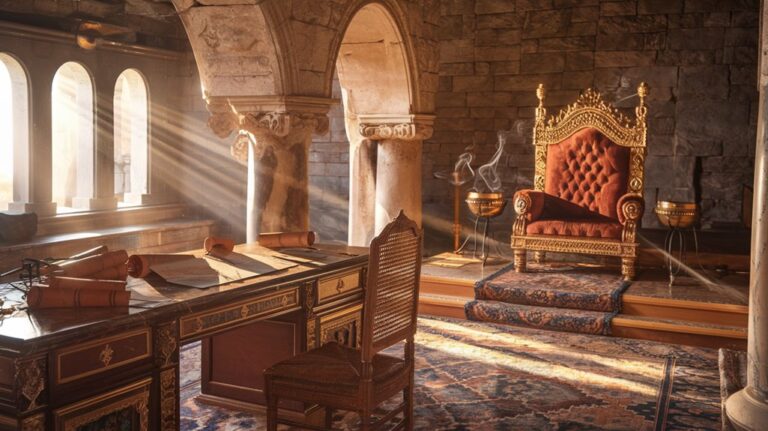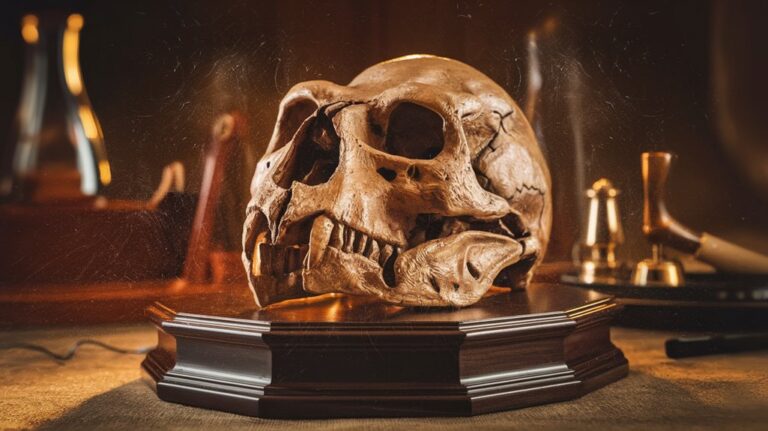Spartan Boy Warriors: Brutal Training You Won’t Believe
You've probably heard tales of Spartan warriors, but you don't know the half of it. At just seven years old, Spartan boys faced a training regimen so intense it would break most grown men today. Torn from their mothers' arms, these children entered a world of calculated brutality, where survival meant enduring daily beatings, near starvation, and psychological torment. What turned these young boys into history's most feared warriors? The answer lies in a training system that would shock modern sensibilities.
The Agoge: Sparta's Relentless Training System
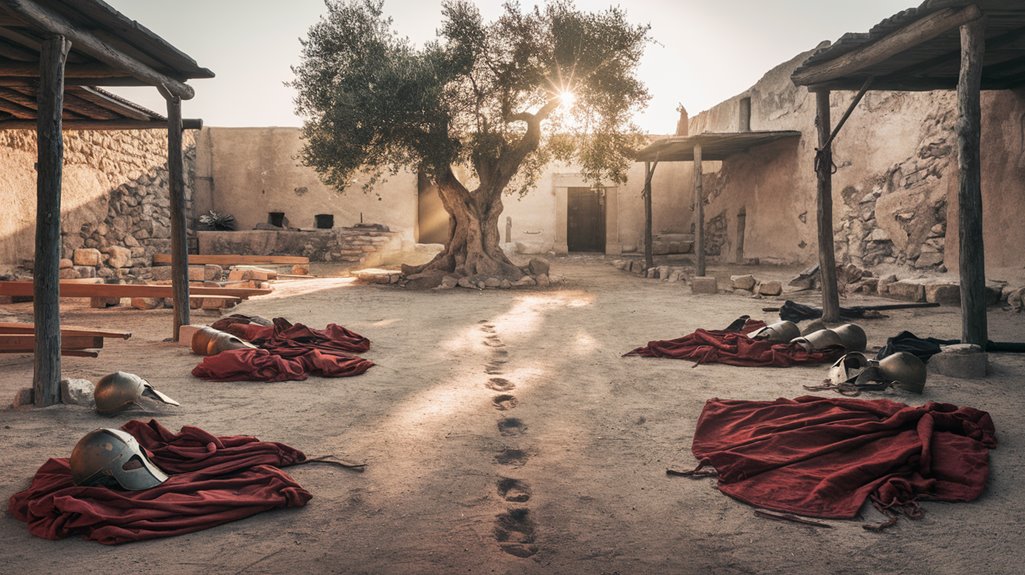
When Sparta's legendary lawgiver Lycurgus established the Agoge in the 7th century BC, he created one of history's most grueling military training systems.
If you were a Spartan boy aged seven, you'd be torn from your family and thrust into a world of extreme physical and mental Agoge challenges designed to forge you into an elite warrior.
You'd find yourself living communally with other boys, forming intense Spartan camaraderie as you endured brutal combat training, learned stealth tactics, and built exceptional pain tolerance. Your survival skills were put to the test as stealing food was actually encouraged within the training system. The boys who were caught faced severe beatings as punishment.
While you'd receive some education in literacy, music, and poetry, your primary focus would be mastering warfare skills through boxing, wrestling, and weapons training.
Unless you were the firstborn son of Sparta's ruling houses, you couldn't escape this demanding path that would consume your life until age thirty.
Raw Survival: Daily Life of Young Warriors
Daily life in the Agoge pushed young Spartans to their absolute limits.
You'd find yourself sleeping on reed beds, enduring regular whippings, and surviving on minimal food that left you constantly hungry.
As a young warrior, you'd learn vital survival skills through harsh real-world tests, including foraging in the wilderness and staying alive without support from others.
Your world centered around communal living in the barracks, where you'd eat in mess halls with fellow warriors and train under the watchful eye of older youths.
The physical demands were relentless – you'd spend your days running, wrestling, and drilling combat techniques. Young warriors were expected to maintain absolute silence during punishment, building mental fortitude through their stoic endurance.
The training started early at age seven when boys were separated from their families to begin their journey in the Agoge system.
At night, you might participate in the dreaded Krypteia, where you'd hide in the woods and conduct stealth missions, pushing your abilities to the extreme.
Breaking Boys Into Battle-Ready Men
Through a rigorous three-tier system, Spartan boys transformed into hardened warriors between ages 7 and 29.
You'd face brutal challenges at each stage, from walking barefoot and bathing in freezing rivers to marching in complete silence alongside your fellow warriors.
Your survival instincts would sharpen as you learned to endure hunger with just one cloak for warmth.
Team dynamics grew through competitive exercises, war dances, and tactical training that emphasized speed and agility over bulk. From age five, boys learned essential weapon mastery through dance.
You'd learn to analyze enemy positions and plan counterattacks while maintaining strict social discipline. The school of obedience shaped every aspect of your training to create unwavering loyalty to Sparta.
Leaders carefully selected the best performers, creating elite units of 100 men.
If you showed exceptional skills, you'd earn the right to lead others and potentially hold public office after completing your training at age 20.
Mind Games and Psychological Warfare Training
Physical prowess alone wouldn't make you a true Spartan warrior – your mind needed to be equally battle-hardened.
Through constant psychological manipulation, you'd face punishments, deprivation, and public thrashings designed to break your spirit and rebuild it in the Spartan image.
You'd learn to suppress emotions, endure pain silently, and develop an unwavering loyalty to the state over your own family.
Through emotional desensitization, you'd become accustomed to violence by participating in helot killings and brutal survival training.
Boys were organized into agelai groups to reinforce collective identity and eliminate individualistic tendencies.
The Krypteia would teach you stealth operations and resourcefulness in harsh conditions.
Like modern elite soldiers who train in cognitive hardiness, you'd develop unshakeable mental resilience through relentless conditioning.
Your individuality would be stripped away as you're molded into a fearless, aggressive warrior who values collective success over personal needs.
Every aspect of your training aimed to create an unthinking, unfeeling killing machine.
From the moment you entered the Agoge at age seven, you'd face a relentless gauntlet of physical challenges designed to forge your body into a living weapon.
You'd train barefoot on rough terrain, dance in heavy armor, and endure constant hunger to build resilience. Cold-water baths would test your limits while building enduring pain tolerance. Division into platoons helped create an intimidating unified presence on the battlefield.
Your supervisors and fellow warriors wouldn't hesitate to discipline you with whips for the slightest infractions.
Yet through these shared hardships, you'd form unbreakable brotherly bonds with your team members. Together, you'd march in perfect silence, steal without getting caught, and push through exhausting physical labor. Your training focused heavily on developing the same strength of character that made your mothers legendary for their emotional fortitude.
The goal wasn't to build bulk – you'd train for speed and agility, becoming a lean, resourceful warrior who could thrive in the harshest conditions.
The Price of Becoming a Spartan Elite
While becoming a Spartan warrior promised glory and honor, the path to elite status demanded extreme sacrifices.
You'd start your journey at age seven, leaving behind family comforts to join the grueling agoge system. Your days were filled with strict discipline and frequent physical punishment. The sacrifice required wasn't just physical – you'd face constant deprivation, walking barefoot and enduring harsh conditions to build resilience. Just as modern Spartans focus on developing their GRIT, ancient warriors endured relentless challenges to forge mental toughness.
As you progressed through the stages of training, societal expectations grew more intense.
You'd move from paides to paidiskoi at 15, where combat training and social integration became your daily reality. By 20, you'd join the hēbōntes, focusing on battlefield tactics and proving your worth as a warrior.
Only after completing this brutal journey could you gain the privileges of marriage and full citizenship, marking your transformation into a Spartan elite.

